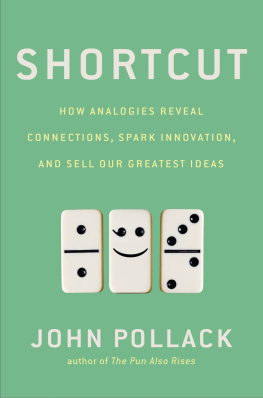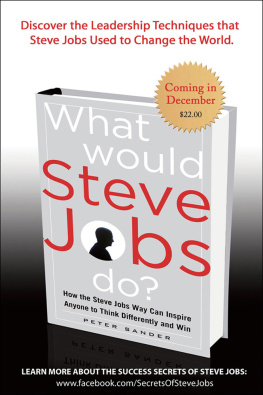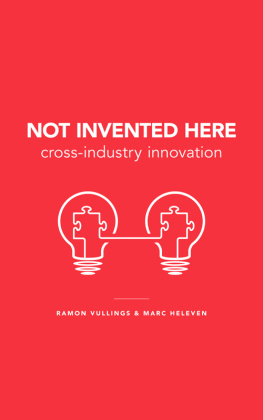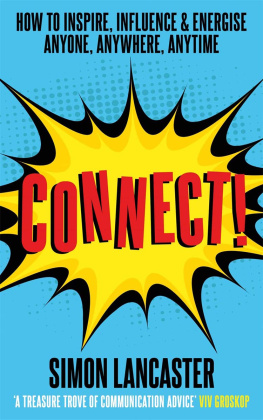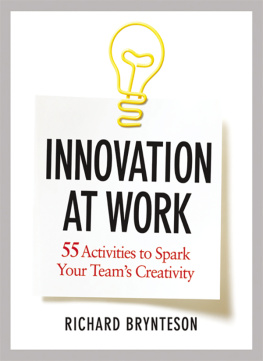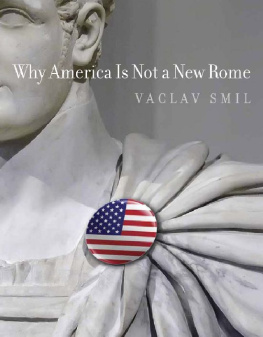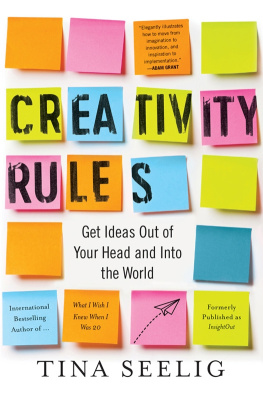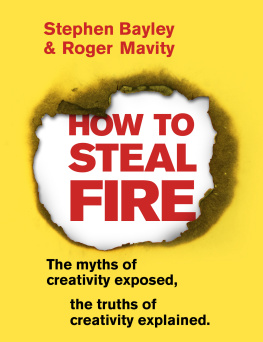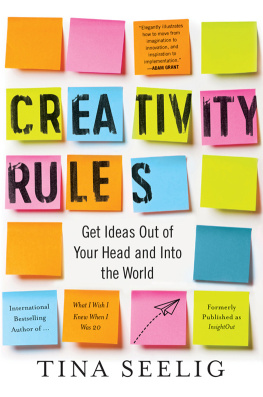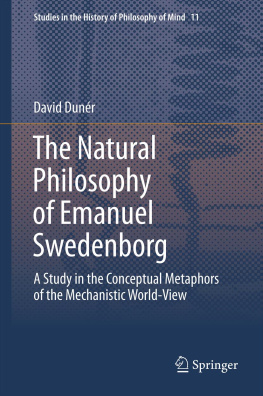Advance Praise for
SHORTCUT
Our minds work like supercomputers, processing impossibly vast amounts of information, creating patterns and parallels to make sense of all the data. Shortcut reveals how, through analogies (like the one in the previous sentence!), we understand our world and ultimately, ourselves. A fascinating read.
David Zweig, author of Invisibles: The Power of Anonymous Work in an Age of Relentless Self-Promotion
Pollack offers up an unparalleled feast of analogies, digging deep into his extensive experience as a writer to show why analogy is important, how its constructed, and what makes it effective. Shortcut is to analogies what Joy of Cooking is to brisket.
Benjamin K. Bergen, director of the Language and Cognition Lab at the University of California, San Diego, and author of Louder Than Words
Anyone who has ever tried to find the right analogy to win an argument, to settle a dispute, to persuade squabblers to compromiseor who wants to avoid making things worse by using the wrong analogyshould read this insightful book!
Suzanne R. Butler, PhD, JD, member of the National Academy of Arbitrators
Also by John Pollack
The Pun Also Rises
Cork Boat
GOTHAM BOOKS
Published by the Penguin Group
Penguin Group (USA) LLC
375 Hudson Street
New York, New York 10014

USA | Canada | UK | Ireland | Australia | New Zealand | India | South Africa | China
penguin.com
A Penguin Random House Company
Copyright 2014 by John Pollack
Penguin supports copyright. Copyright fuels creativity, encourages diverse voices, promotes free speech, and creates a vibrant culture. Thank you for buying an authorized edition of this book and for complying with copyright laws by not reproducing, scanning, or distributing any part of it in any form without permission. You are supporting writers and allowing Penguin to continue to publish books for every reader.
Gotham Books and the skyscraper logo are trademarks of Penguin Group (USA) LLC.
LIBRARY OF CONGRESS CATALOGING-IN-PUBLICATION DATA
Pollack, John.
Shortcut: how analogies reveal connections, spark innovation, and sell our greatest ideas / John Pollack.
pages cm
ISBN 978-0-698-16209-9
1. English languageBusiness English. 2. Creative thinking. 3. Business communication. 4. Analogy. 5. Sociolinguistics. I. Title.
PE1479.B87P65 2014
808'.032dc23 2014009895
While the author has made every effort to provide accurate telephone numbers, Internet addresses, and other contact information at the time of publication, neither the publisher nor the author assumes any responsibility for errors or for changes that occur after publication. Further, the publisher does not have any control over and does not assume any responsibility for author or third-party websites or their content.
Version_1
To my mom and dad, who show me what is possible
CONTENTS
There is a tide in the affairs of men,
Which, taken at the flood, leads on to fortune;
Omitted, all the voyage of their life
Is bound in shallows and in miseries.
On such a full sea are we now afloat;
And we must take the current when it serves,
Or lose our ventures.
William Shakespeare, Julius Caesar, Act 4, Scene 3
INTRODUCTION
BOARDING THE SHIP OF STATE
I tried to look confident but, sitting awkwardly on a yellow couch in the West Wing of the White House, I couldnt get comfortable. Across the room, behind a big wooden desk, sat the chief speechwriter for the president of the United States, scrutinizing my rsum.
Decades earlier, perhaps during the Johnson years, the couch on which I sat had begun its life as a handsome piece of furniture. But after bearing the brunt of many administrations and more than a few crises, its springs were spent. If I leaned back, Id be swallowed by cushions. If I scooched forward, I might end up on the floor. On edge, I waited.
Only a day earlier, I had been sitting in my fifth-floor walk-up apartment in Dupont Circleunshaven, unemployed, and uncertain about my future. The call from the White House had caught me by surprise. While I had worked for several years as a speechwriter on Capitol Hill and had twice applied to become a presidential speechwriter, I hadnt been selected. Now one of the presidents speechwriters was moving on, and there was an opening. Would I come in for an interview?
When the chief speechwriter, Terry Edmonds, finally looked up, he pushed his glasses to the top of his head. Your writing is good, he said. I have no doubt you can do the job. But you have a lot of other... He paused, searching for the right word. You have a lot of other... projects. What is this cork boat? The way he said those words, I knew it wasnt just a question but something of a challenge.
He was asking about the last line on my rsum: Currently building the worlds first cork boat. I explained that I was saving a hundred thousand wine-bottle corks to build a boat modeled after a Viking ship, which I planned to take on a voyage through French wine country. Building the boat had been a boyhood dream, and I was determined to see it through.
As Edmonds eyes narrowed, I could feel my last chance to work at the White House ebbing away. But at that moment, as both my career and I teetered on the edge of that couch, an analogy sprang to mind.
Sir, building a cork boat is a lot like writing a good speech....
Edmonds head tilted; his eyebrows rose. It was too late to retreat. In both cases, I explained, you take a jumble of small thingscorks or wordsthat dont do much on their own. But if you assemble them carefully, and put them into just the right order, theyll carry you on the most amazing journey.
And then I shut up.
For a long moment, Edmonds stared at me. Then a grin spread across his face, and he shook his head in grudging admirationnot for my nautical ambitions, but for my escape. He got the analogy, and I got the job.
A dozen years later, when I set out to write this book, I intended to explore the subtle yet powerful role of analogy in persuasion. Because while they often operate unnoticed, analogies arent accidents, theyre argumentsarguments that, like icebergs, conceal most of their mass and power beneath the surface. In many arguments, whoever has the best analogy wins.
But as my research progressed, it became clear that analogies do more than just persuade; they also play a catalytic role in innovation and decision makingoften with dramatic consequences. From the bloody Chicago slaughterhouse that inspired Henry Fords first moving assembly line, to the domino theory that led America into the Vietnam War, to the bicycle for the mind that Steve Jobs envisioned as a Macintosh computer, analogies have played a dynamic role in shaping the world around us.
Despite analogys importance, many people have only a vague sense of its definition. In broad terms, an analogy is simply a comparison that asserts a parallelexplicit or implicitbetween two distinct things, based on the perception of a shared property or relation. In everyday use, analogies actually appear in many forms. Some of these include metaphors, similes, political slogans, legal arguments, marketing taglines, mathematical formulas, biblical parables, logos, TV ads, euphemisms, proverbs, fables, and sports clichs.

